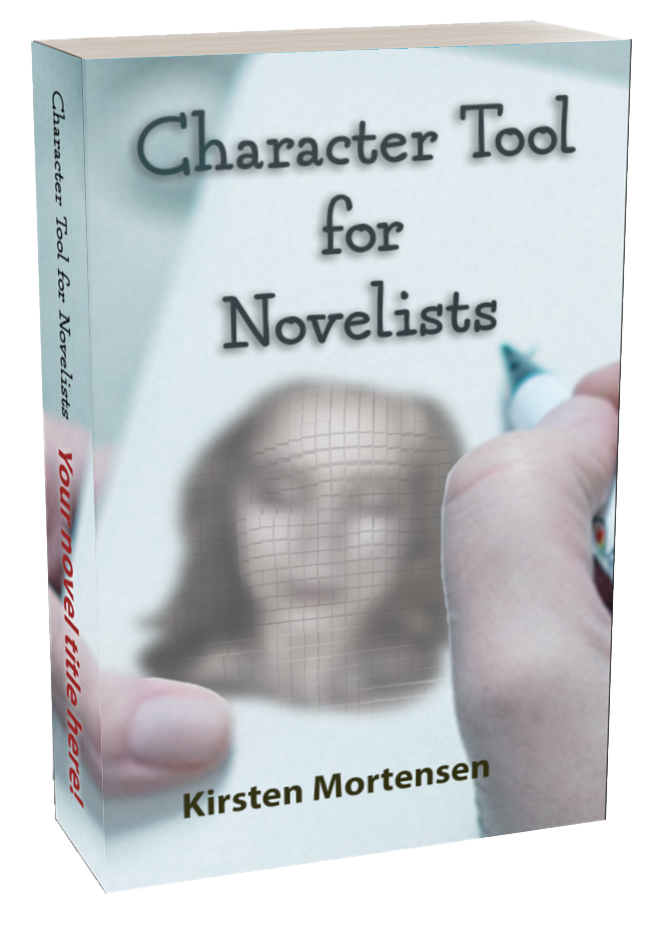And how to avoid them!

I hang out on twitter primarily for the writer community. It can be a lot of fun, but it’s also a learning experience.
For one thing, I encounter quite a few newer writers who have come into “the business” with unrealistic expectations.
Unfortunately, they’re setting themselves up for disappointment.
I know. I’ve made many of these mistakes myself.
So I thought I’d list a few of the ways that writers inadvertently sabotage themselves. Hopefully this will help us avoid at least some of the bumps in the road that we encounter as we write, share, and publish our novels.
1. Expecting Twitter to be an effective book sales platform
Unless you are a name-brand author with a very large following, your tweets are not going to sell books. Why does this matter? Because if you think you can jump on twitter, collect a few thousand followers, post links to your books, and suddenly make a living as an author, you are setting yourself up for failure. My advice: use twitter for amusement and virtual socializing. If you sell a few copies of your book along the way, that’s nice — but don’t count on it.
2. Caring too much what other people think about their writing or decision to write.
This is your journey. Journeys are undertaken by heroes. Heroes, by definition, need to be courageous — and that means not letting yourself be discouraged by naysayers. Never forget: when someone makes a negative or disparaging comment about your journey, it’s a reflection on the other person, not you. Ignore them. Move on. Keep writing.
3. Thinking one book is enough to launch a successful writing career.
You’ve finished writing a whole novel and you are proud of yourself. Congratulations! That’s a great accomplishment and you deserve to relish a sense of accomplishment. But guess what: your work has only begun. Writing novels well takes practice (which is why so few novelists achieve anything like commercial success with their first books — as I noted quite some time ago, even “overnight successes” are often built on years’ of work). So celebrate finishing your first novel — then get back to work and write another one that is even better.
4. Neglecting the work of improving their craft.
Sitting down with a device or notebook and putting words on a page is a marvelous creative experience. It feels soooo good. But there’s another side of writing which is more technical. What makes stories truly fresh and interesting? How do successful writers capture readers’ interest with the first sentence or paragraph — and then keep it until the end of the story? What mistakes should we learn to avoid as we build our stories? There are a ton of great books out there on the craft of writer (I’ve reviewed a couple of them here and here). Become a student. Learn from other writers. No matter how good you are, you can get better — and the better you are, the likelier you are to sell books.
5. Overestimating the value of praise from family and friends.
You’ve shared your work with people you know, and they tell you it’s good. Well, guess what: they’re biased. They want to be nice to you, because they know you. Even if they don’t consciously decide to “like” your writing, they will (trust me, I’ve experienced this first hand!) The response you get from strangers, on the other hand, will be brutally honest — and might end up being a lot more negative. So do yourself a huge favor: enjoy your friends’ praise, but don’t expect reviews on platforms like Amazon or Goodreads to mirror their comments — because if you do, you might be setting yourself up for a crash.
6. Thinking there is some formula that will lead to commercial success.
Hang around this business long enough, listen to the “old-timers” long enough, and you’ll notice something. There is no fool-proof “formula” that you can apply to guarantee commercial success. On the contrary: you can do everything “right,” you can copy successful writers down to the letter — and still fail to catch on in the market. In fact, the honest old-timers will admit: there’s an element of luck to this business. So don’t drive yourself crazy thinking that there’s some secret out there that will help you sell a ton of books. There’s not. Keep writing. And pay attention to #7:
7. Pinning their happiness on factors they can’t control — instead of factors they can.
There are things you can control. You can set writing goals. You can work on improving your skills. You can challenge yourself to become more courageous, to share your work. There are other things you can’t control: whether other people buy your books. Whether they leave reviews. What their reviews say. How sales platforms will ultimately serve your book to potential readers. So what’s the lesson here? Train yourself to derive satisfaction from what you can control, while minimizing the importance of what you can’t. Here’s a nice blog with tips from a cognitive behavioral therapist to help you with this if you need.
Have you noticed any other ways writers self-sabotage? Share in the comments!
P.S. Looking to improve your craft?

I originally built this guided notebook, Character Tool for Novelists, for my own use — to create and track my novels’ characters.
I have since bought copies for all of my WIPs — and I LOVE it.
Now other writers are getting copies — and they love it, too!
“This helps keep my characters from getting away from me. I loved the first copy I got so much I got another one for another work in progress.”
“I used to be able to keep all of this in my head but as stories become more complex I find myself having to refer to makeshift family trees. This will make life ever so much simpler.”
“You simplified my work big time.”
“I bought this book off Amazon and it’s really awesome!!! I highly recommend.”
“Just got my copy, can’t wait to use it. Love the organization.”
I set the price as low as Amazon would allow — about the cost of a quality blank book. Click here to learn more.
